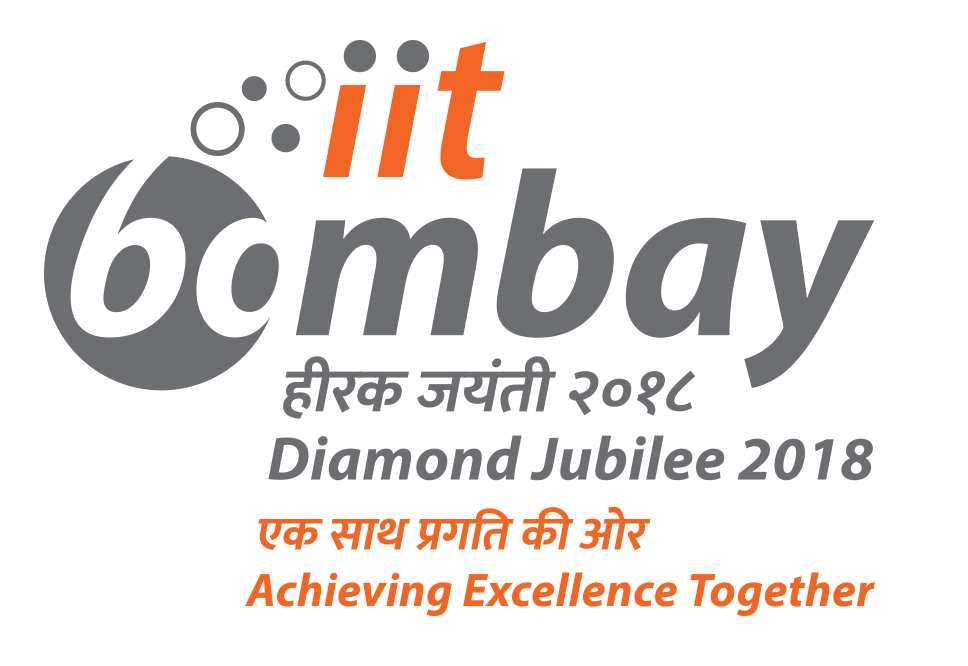Title: Preparing for a gravitationally-bright tomorrow
Speaker: Dr. Koustav Chandra, Pennsylvania State University
Abstract: The next-generation ground-based gravitational-wave observatories, such as Cosmic Explorer and the Einstein Telescope, promise to revolutionise our understanding of the universe. These instruments are expected to detect between 100,000 to 1,000,000 signals annually from compact binary mergers, some lasting for several hours and others originating from when the universe was still forming its first stars. This will open new avenues for discoveries and enable precise tests of nuclear physics, cosmological models, alternative gravity theories, and astrophysical populations. However, the sheer volume of signals will demand innovative algorithms for extracting valuable scientific insights from these rich datasets. To support these efforts, I developed a lightweight Python package to generate mock data for next-generation detectors. This talk introduces the package, showcasing its capabilities through data simulation examples. Additionally, I will discuss its potential applications, including assessing performance loss due to foreground noise, exploring new methods for validating general relativity, and examining the impact of waveform systematics on fundamental physics.

